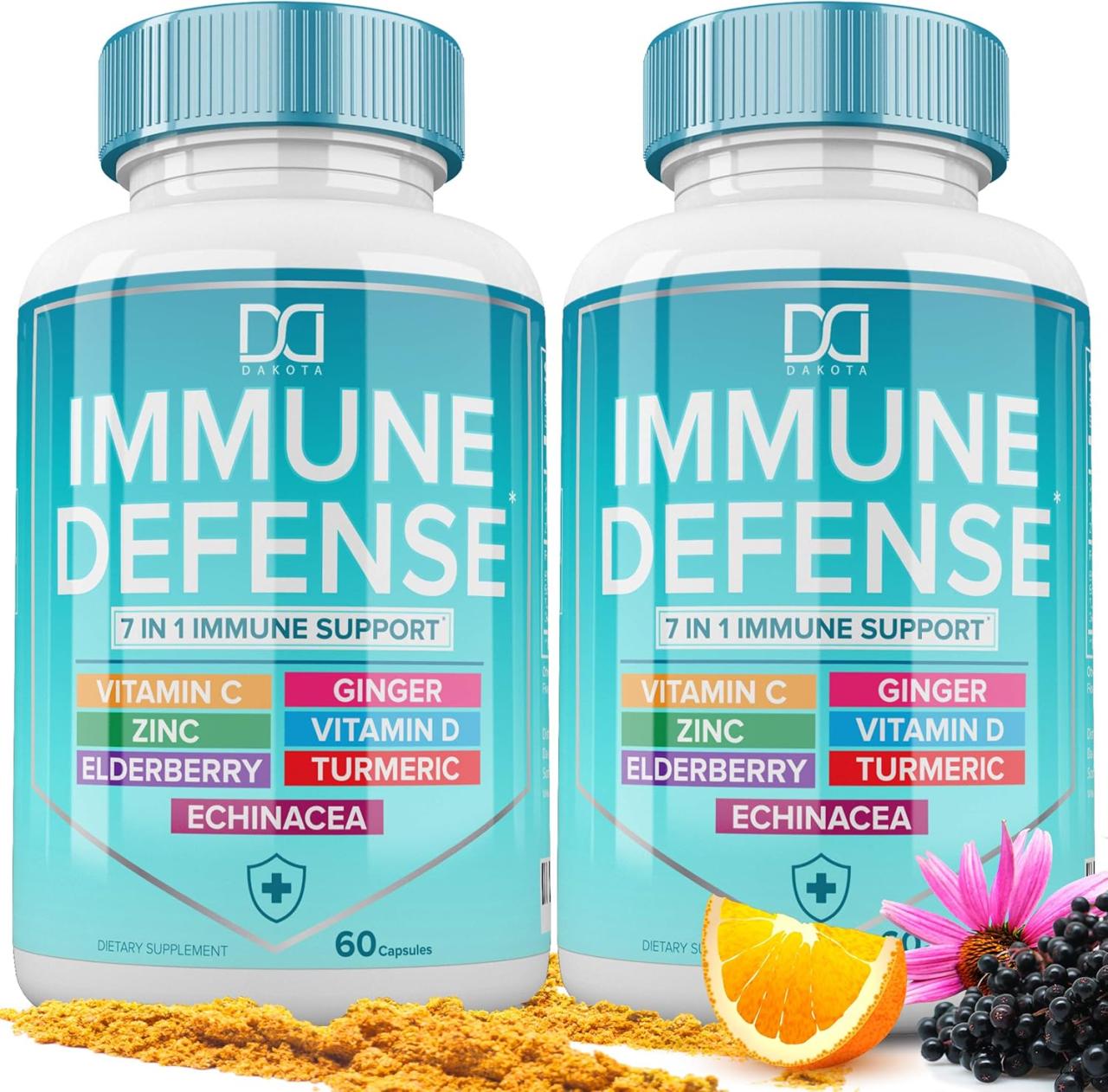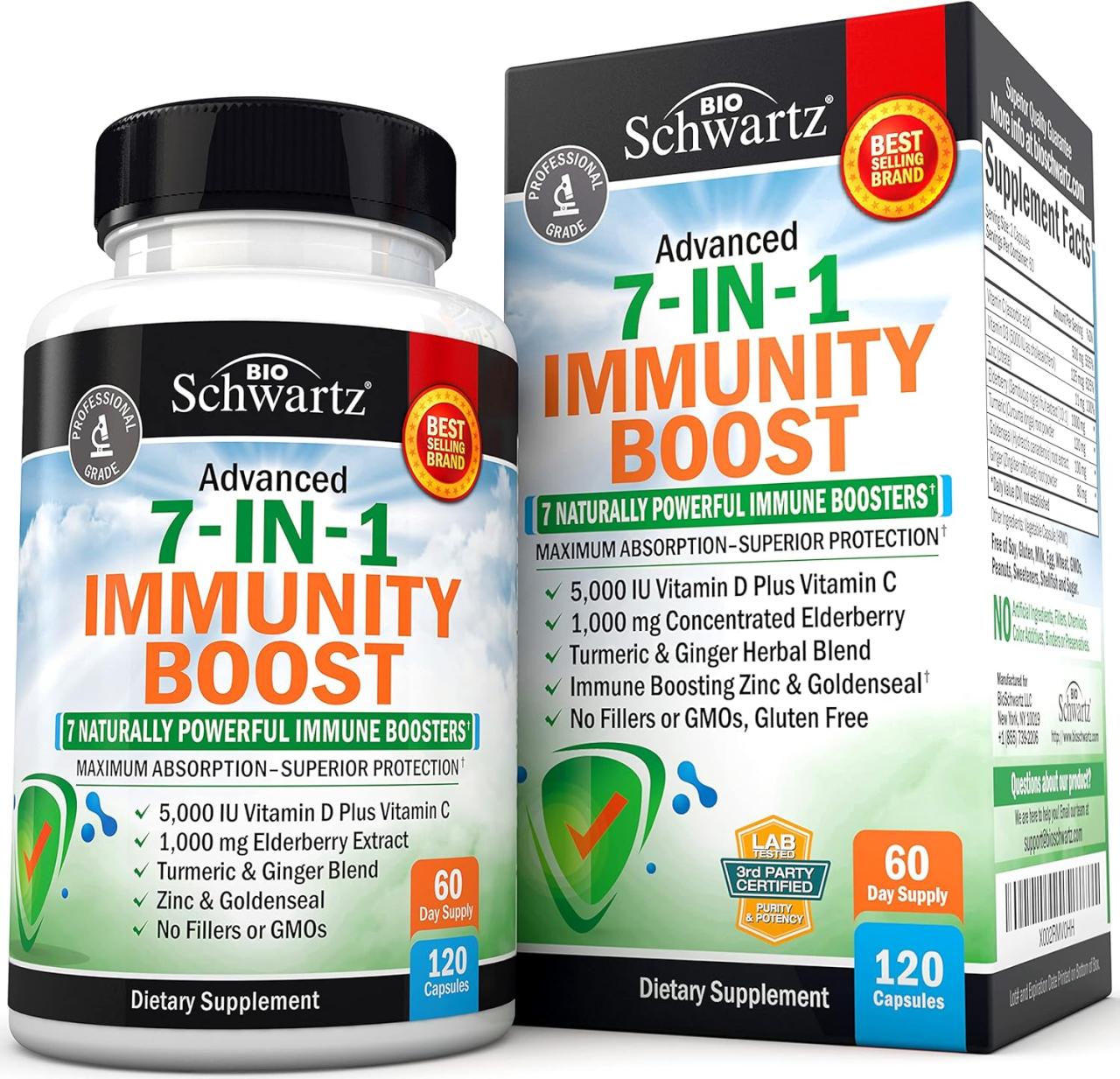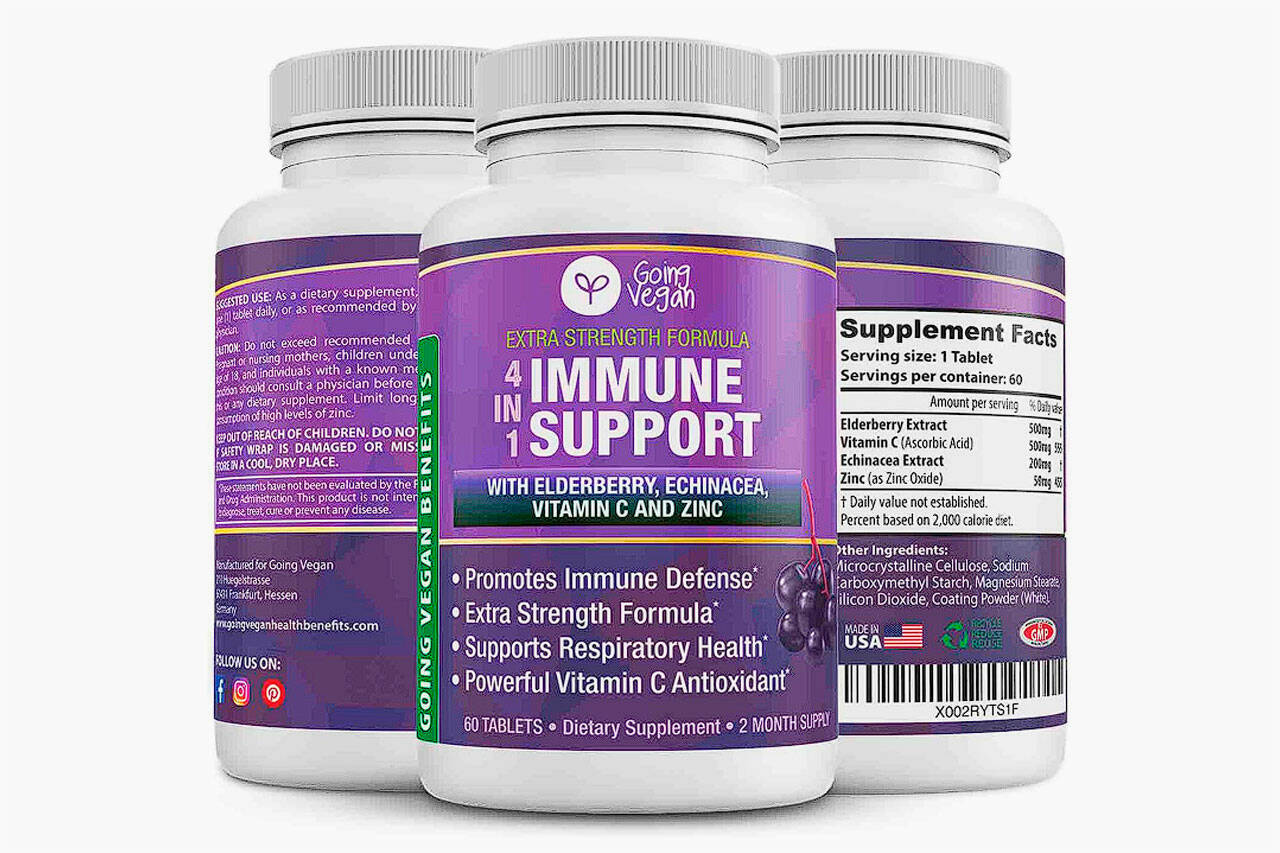The Ultimate Guide to the Best Supplements for Immune System Support

Exploring the realm of immune system support through supplements, this comprehensive guide aims to shed light on the most effective ways to boost your immune system naturally. With a focus on different types of supplements, essential vitamins and minerals, herbal remedies, and the role of probiotics and prebiotics, this article will equip you with the knowledge needed to make informed choices for your health.
Types of supplements

There are various types of supplements that are known to support the immune system by providing essential nutrients and boosting overall health.
Vitamin C
- Vitamin C is a powerful antioxidant that helps boost the immune system by protecting cells from damage caused by free radicals.
- Popular supplements: Emergen-C, Nature's Way Vitamin C, NOW Supplements Vitamin C.
- How it works: Vitamin C enhances the production of white blood cells, which help fight off infections and strengthen the immune response.
Zinc
- Zinc is essential for immune function and helps regulate the immune response.
- Popular supplements: Nature's Bounty Zinc, Garden of Life Vitamin Code Raw Zinc.
- How it works: Zinc plays a crucial role in the development and function of immune cells, helping to defend against pathogens.
Probiotics
- Probiotics are beneficial bacteria that support gut health, which is closely linked to immune function.
- Popular supplements: Culturelle Probiotics, Garden of Life Dr. Formulated Probiotics.
- How it works: Probiotics help maintain a healthy balance of gut bacteria, which in turn supports a strong immune system.
Essential vitamins and minerals
Vitamins and minerals play a crucial role in supporting the immune system by helping maintain its function and response to infections. Here are some key essential nutrients that are vital for immune health:
Vitamin C
Vitamin C is a powerful antioxidant that helps boost the immune system by supporting the production of white blood cells. It also helps protect cells from damage and promotes the healing of wounds. Good food sources of vitamin C include citrus fruits, strawberries, bell peppers, and broccoli.
The recommended daily intake of vitamin C for adults is around 75-90mg.
Vitamin D
Vitamin D is important for immune regulation and helps the body defend against infections. It also plays a role in reducing inflammation. Natural sources of vitamin D include sunlight, fatty fish like salmon, and fortified foods like milk and cereals.
The recommended daily intake of vitamin D varies depending on age and other factors, but generally ranges from 600-800 IU.
Zinc
Zinc is essential for the development and function of immune cells. It helps regulate immune responses and has antioxidant properties. Foods rich in zinc include meat, shellfish, legumes, seeds, and nuts. The recommended daily intake of zinc for adults is around 8-11mg.
Vitamin E
Vitamin E is another powerful antioxidant that helps protect cells from damage. It also enhances the immune response and helps in the formation of antibodies. Good sources of vitamin E include nuts, seeds, spinach, and broccoli. The recommended daily intake of vitamin E for adults is around 15mg.
Selenium
Selenium is a trace mineral that plays a key role in immune function. It helps regulate inflammation and supports the activity of certain enzymes involved in immune responses. Foods high in selenium include Brazil nuts, seafood, poultry, and whole grains.
The recommended daily intake of selenium for adults is around 55mcg.
Herbal supplements
Herbal supplements have been used for centuries to support the immune system and promote overall health. These natural remedies are derived from plants and herbs known for their medicinal properties.
Echinacea
- Echinacea is a popular herb used to boost the immune system and fight off infections.
- Traditionally, Echinacea has been used to reduce the symptoms and duration of the common cold.
- Studies have shown that Echinacea may help stimulate the immune system and reduce inflammation.
Garlic
- Garlic is another herbal supplement known for its immune-boosting properties.
- It has antibacterial and antiviral properties that can help the body fight off infections.
- Garlic is also rich in antioxidants, which can help reduce inflammation and support overall immune health.
Astragalus
- Astragalus is an herb commonly used in traditional Chinese medicine to enhance the immune system.
- It is believed to stimulate the production of white blood cells, which are essential for fighting off pathogens.
- Astragalus may also help reduce inflammation and improve overall immune function.
Comparing herbal supplements to synthetic supplements
While synthetic supplements can be effective, herbal supplements offer a more natural approach to immune support. Herbal remedies often provide a holistic approach to health, addressing multiple aspects of the immune system and overall well-being.
Precautions and side effects
It is important to consult with a healthcare provider before taking herbal supplements, as they may interact with medications or have potential side effects. Some herbal supplements may cause allergic reactions or digestive issues in certain individuals. It is crucial to follow recommended dosages and guidelines when using herbal immune support supplements.
Probiotics and prebiotics

Probiotics and prebiotics play a crucial role in supporting a healthy immune system by promoting the balance of good bacteria in the gut.
Role of gut health in immune function
Maintaining a healthy gut is essential for a strong immune system as about 70% of the body's immune cells reside in the gut. Probiotics help in improving gut health by restoring the balance of beneficial bacteria, which in turn enhances the immune response.
Specific strains of probiotics for immune-boosting properties
Lactobacillus acidophilus
Known for its ability to boost the immune system and improve gut health.
Bifidobacterium lactis
Helps in regulating the immune response and reducing inflammation.
Lactobacillus rhamnosus
Supports the immune system by enhancing the production of antibodies.
Dietary sources of probiotics and prebiotics
Probiotics can be found in fermented foods such as yogurt, kefir, kimchi, and sauerkraut. Prebiotics, on the other hand, are present in foods like garlic, onions, bananas, and asparagus. Including these foods in your diet can naturally improve your immune health.
Final Conclusion

In conclusion, prioritizing your immune system health is crucial for overall well-being. By incorporating the right supplements into your routine, you can strengthen your body's defense mechanisms and enhance your resilience against illnesses. Remember, a healthy immune system is the foundation of a healthy life.
FAQ Summary
What are the best types of supplements for immune system support?
The best types of supplements for immune system support include vitamin C, vitamin D, zinc, echinacea, and elderberry supplements. These are known for their immune-boosting properties and can help strengthen your body's defenses.
How can I naturally obtain essential vitamins and minerals for immune support?
You can obtain essential vitamins and minerals for immune support naturally by consuming foods like citrus fruits, leafy greens, nuts, seeds, and lean proteins. These foods are rich in nutrients crucial for a healthy immune system.
Are there any side effects associated with herbal immune support supplements?
While herbal immune support supplements are generally safe, some individuals may experience mild side effects such as digestive issues or allergic reactions. It's important to consult with a healthcare provider before adding herbal supplements to your routine.
What role do probiotics and prebiotics play in supporting the immune system?
Probiotics and prebiotics contribute to a healthy immune system by promoting a balanced gut microbiome. A healthy gut is essential for optimal immune function, and these beneficial bacteria help strengthen the body's defenses against pathogens.




